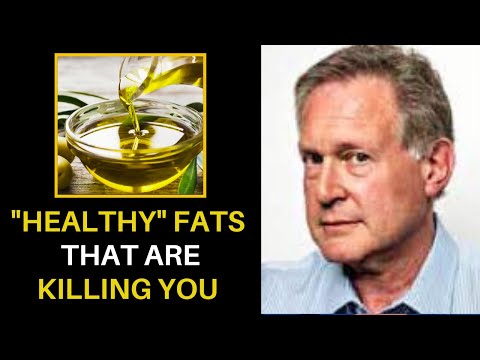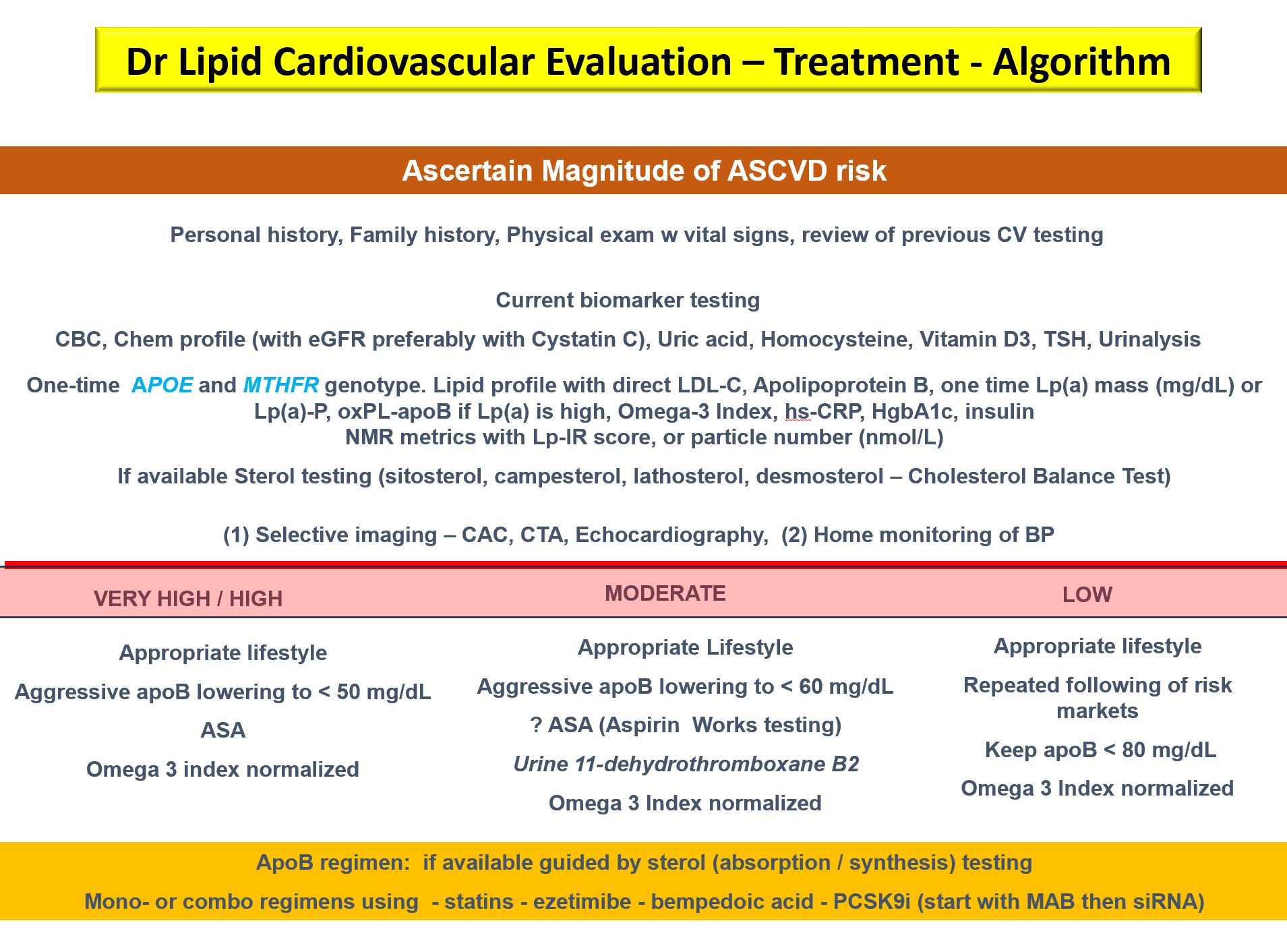Dang. does that ever tastes great. You shouldn’t have mentioned it man. You most like made me break my carnivore journey (i started last week) right there.
I am measuring everything I eat now, would it be easy with those recipes?
Haha, didn’t mean to do that, keep at those nutrient-rich steaks, chops, burgers, etc. Save the peanut butter and honey for your favorite holiday feast maybe.
As with any cookbook I guess. But IMO it is a really good foundation to adopt a healthy(er) approach to diet.
Well you never know until you try…
I shouldn’t have bought so much peanut butter/almond butter lol.
There is also the issue of PUFA, specifically, omega 6. Peanuts and peanut butter contain mostly omega 6. Paul and Shou Ching Jaminet (Perfect Health Diet book) and the Ray Peat crowd are heavily anti-PUFA.
Robert Lustig MD ranks omega 6s next to trans fats, which he calls the Devil Incarnate. He says the optimal omega 3 to 6 ratio is 1 to 1, but he will settle for 3 to 1.
I think we should not just accept the extreme opinions of even knowledgeable people without independent verification. I no longer believe omega 6 amount or the ratio omega 6 to omega 3 means anything. I don’t eat added oils of any sort just because I don’t want the calories.
I have read the book of the Jaminets at least three times. I do not consider their views extreme. Listening to Robert Lustig (“saturated fats are neither good nor bad”) does not strike me as extreme either.
It is Gundry, with his lectin abhorrence, whom I consider extreme (with regard only to lectins). But even then, he has some tips that are useful and actionable. So I still read, or listen to his material.
Agreed. I won’t let anything from Gundry pollute my mind. Even if he is right about 10% of the stuff he says it isn’t worth sorting through the garbage. But in general extraordinary claims require extraordinary evidence. It took me a long time to come around to rapamycin.
Even if true, it should have a very small effect. Did he mention what disease it would be involved with?
Omega 6 is an essential fatty acid, so just like vitamins there is a minimum level required.
Omega ratios was popular awhile back, I think it has mostly died down. The real stuff survive the test of time.
Maybe the ratios died (even though Thomas Dayspring still recommends optimized omega 3 ratio for primary prevention) but all worthwhile longevity experts do recommend diet full of omega 3 (plant and animal sources). Key is fresh food source since omega 3 are prone to oxidation.
Can you clarify what Dayspring says about omegas?
My view of the “eat healthy carbs” (especially when taken to the extreme of vegan or vegeterian) is that the goodness of “healthy carbs” comes not from the “healthy carbs” but from not eating processed foods. They are substituting fruits and veggies for garbage. And that’s great. But if you mainly eat unprocessed foods then there is no reason at all not to eat meat and fish - and plenty of reasons to do so.
These are not mutually exclusive choices. Animal protein is great, especially fish. I choose low fat meat for calories and AGEs production during cooking. Organ meats might even be better (I don’t eat them). But vegetables (and fruits, nuts…plants) have many important attributes: fiber, phytonutrients, vitamins, minerals. Agreed that UPF should be minimized (I’m told food companies add AGEs to UPF to improve taste).
Here is his treatment algorithm. Below at interventions there is mentioned normalized omega 3 index, was searching for his tweet about it, but could not find it. For normalized omega 3 index you should target between 3:1 to 1:1 omega 6 : omega 3 if I remember correctly.
I don’t eat meat/fish because of ethical deontological reasons, not because I think they’re unhealthy. If there is cultured meat I will eat that.
Thanks. I also search for it but could find it. In another post Dayspring used the word “normalize” to mean a movement in the omega 3 index to reflect changes in diet. I guess he meant it takes time for changes to show up. In the NIH brochures below they say to focus on boosting EPA/DHA in the blood.
“Some researchers propose that the relative intakes of omega-6s and omega-3s—the omega-6/omega-3 ratio—may have important implications for the pathogenesis of many chronic diseases, such as cardiovascular disease and cancer [8], but the optimal ratio—if any—has not been defined [10]. Others have concluded that such ratios are too non-specific and are insensitive to individual fatty acid levels [11-13]. Most agree that raising EPA and DHA blood levels is far more important than lowering linoleic acid or arachidonic acid levels.“
I’ve come to believe (lately) that quantity (as in less food is better) rather than quality is more important when it comes to food. I’ve self experimented with various foods, some even that don’t sit well with my system, and found that if consumed in small amounts I did not feel any negative effects. For example a large serving of beens for dinner will almost certainly cripple me the next morning, yet when I’ve had say about 1/2 of a can I have never felt any negative effects. I think this was the master creators way (I.e Darwin LOL)of allowing us humans to survive, even in cases of severe shortages of good food, so we can consume (in moderation) the not so good food (in my case beans, in other peoples cases something else)and still be just fine and survive. Btw everything that happens naturally has no other meaning to it, other than survival of the species.
I think this is one of the ways to get the index
(I did the complete vs as I love data, but may not be needed)

